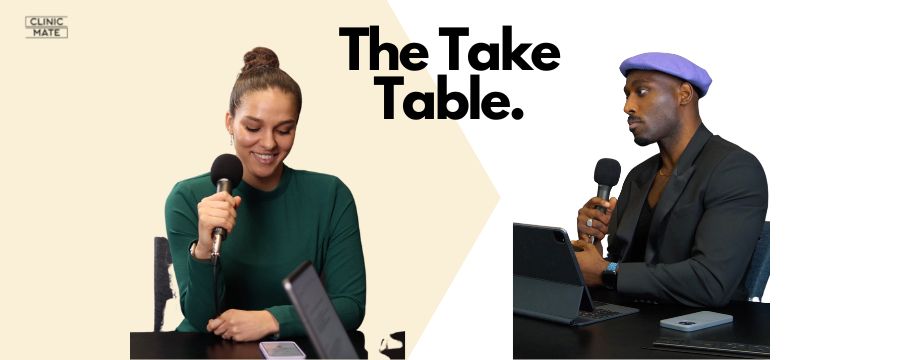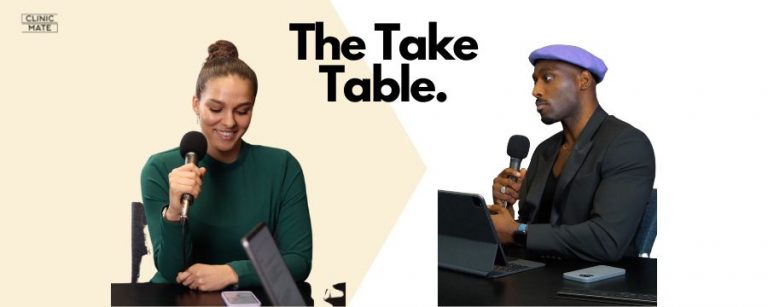Dr. Uche:
Surely this isn’t a question??? If they’re old enough to have legal, consensual intercourse then, yes, they are old enough to be placed on birth control.
Like c’mon, we even allow minors under 16 to give consent if we deem them Gillick competent; so let’s be serious here. The issue with not offering the birth control option to sexually active girls, is that there is an increased potential for pregnancy and that comes with its own emotional challenges if a young lady decides she no longer wants to go through with that pregnancy.
Now, if the concern is around early exposure to regular device / hormone exposure (which I understand) not placing 16 year old girls on birth control creates a whole new health policy condom conundrum – not insurmountable but definitely not straightforward.
Hilary:
Generally, I think the public health institution is overly eager to medicalize young girls.
Oftentimes girls even before they are sexually active are put on birth control in their teens “for acne control.” The public health aim of “preventing teenage pregnancy” was a worthy cause because it helped more girls reach mature ages before undertaking motherhood. But normalizing the “no questions asked” prescribing of birth control without counselling women on safe sexual practice, healthy relationships and their long-term reproductive plans has failed western societies.
Further, the decoupling of sexual behaviour from reproduction is leading to significant demographic changes. More than half (50.1%) of women in England and Wales born in 1990 were without a child when they turned 30 in 2020, the first generation to do so, according to the Office for National Statistics (ONS).That is almost three times higher than the lowest number of women ever to be child-free at 30 – 17.9% of those born in 1941. At the same time the average number of children women have by the time they reach 30 has fallen to its lowest-ever level (0.96).
Whilst I believe early and easy access to birth control in teenage years has positively impacted women’s access to education and career attainment, there could be a long-term potentially negative impact of over-medicalizing women’s reproduction especially during their peak fertility years. This should be explored at the population level.
*Disclaimer: All opinions expressed on this platform are those of the individuals and not representative of any particular institution. This is not to be taken as medical advice.





